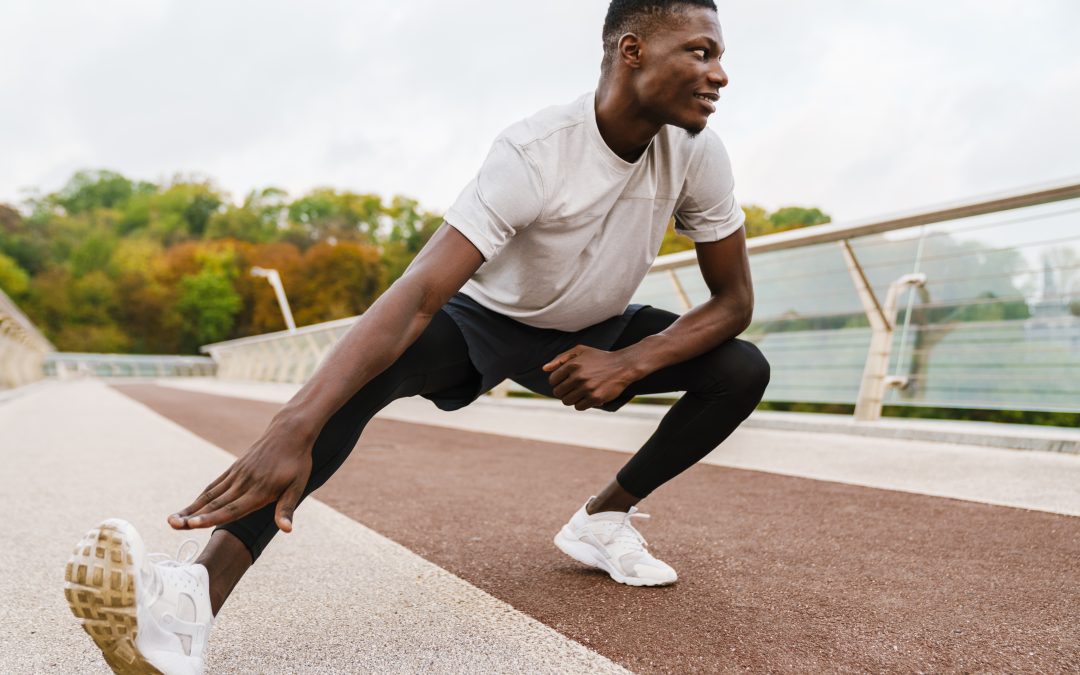How Does Drugs and Alcohol Affect The Body & Mind
Substances like methamphetamine, alcohol, cannabis, fentanyl, and cocaine can impact the body and brain in many ways. Substances such as heroin activate neurons in the brain by bonding to their corresponding neurotransmitter and imitate the naturally occurring chemical in the brain. Drugs and alcohol affect the reward circuit of the brain by releasing intense amounts of dopamine. Most notably, dopamine contributes to the pleasure center of the brain as well as memory and learning. After continued use of drugs and alcohol, neurons start to produce less dopamine, making it more difficult for someone to achieve the level of pleasure they originally received. Once someone begins to chase the high they originally received, they transition from liking something to becoming addicted to it.
Although drugs and alcohol can affect people’s bodies differently, one of the common denominators among addicts is an overall lack of physical physique after prolonged exposure to their drug of choice. This usually happens because people stop seeking out activities that are naturally good for them in favor of their substance of choice. Regardless of whether or not physical activity was a priority to someone prior to becoming addicted to their substance of choice, it gets left behind along with other important components of one’s livelihood.
Exercise And Recovery
Exercise can play a huge role in one’s early recovery from drugs and alcohol and similar to drugs and alcohol, physical exercise releases dopamine in the brain, creating pleasure. Unlike addiction to drugs and alcohol, exercise can have many great effects on the brain and body, including but not limited to:
- Increased self esteem
- Increased optimism
- Reduction in stress, tension, depression, anxiety and cravings
- Supporting sleep routine
- Increased immune response and energy level
- Improving cardiovascular system
One of the best aspects of exercise is it provides a positive routine in one’s life that can replace damaging habits. Additionally, in a study by the National Center for Biotechnology Information, drug dependent patients who participated in a moderately-intense 12 week workout program in conjunction with therapy showed a much greater likelihood of abstaining from drugs and alcohol by the end of their treatment. Our program at Commonwealth Collective encourages our clients to utilize CBT, DBT and consistent physical activity to help support their early recovery and maintain long term sobriety.
The local hills in Great Barrington Massachusetts provide excellent hiking paths, biking trails and rock climbing. If done right, physical exercise can fulfill one’s social, emotional, physical and mental needs. When done wrong, it can cause serious physical injury and even be done addictively. Our team at Commonwealth Collective will help you engage in a workout routine that fits your needs and abilities in hope that you find long term sobriety.
If you or a loved one wants to learn more about how we integrate physical exercise into our holistic approach to addiction recovery and mental health support, please contact us today.

